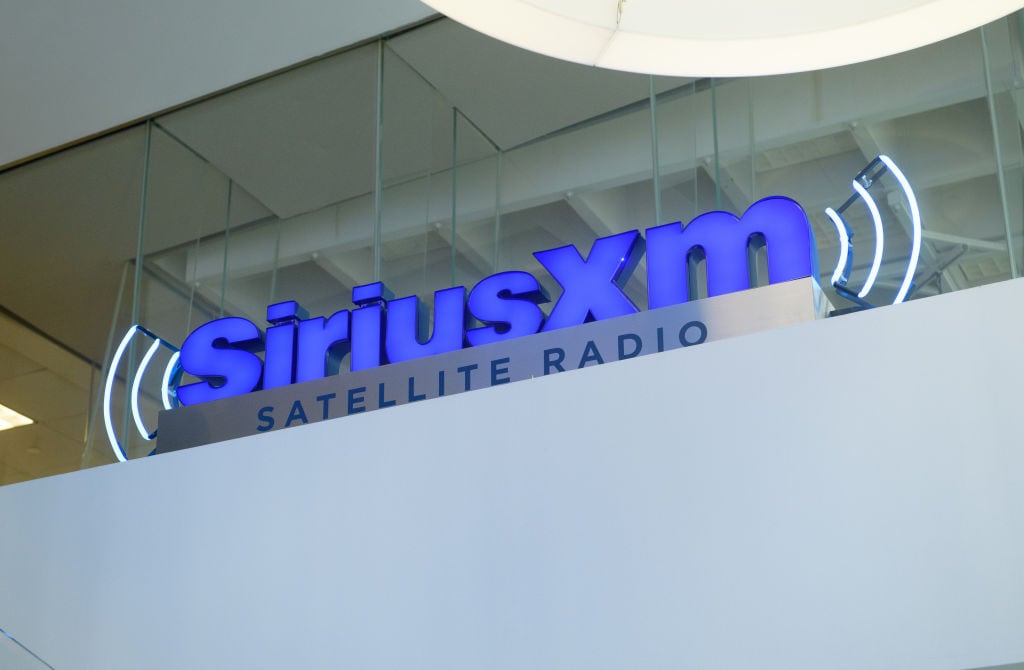Joining the likes of Spotify, Microsoft, and Google, SiriusXM on Monday said it's laying off 8 percent of its workforce, or about 475 employees, in response to flagging subscriber growth.
The satellite radio firm warned earlier this year that it was anticipating a drop off in subscribers due to widespread fears of a recession in 2023. At the same time, Sirius relies heavily on advertising revenue from car companies, which have seen weaker sales in recent months.
"We streamlined our non-headcount costs by reducing content and marketing spend, decreasing our real estate footprint, and most recently, implementing tighter restrictions in our Travel and Entertainment policy," CEO Jennifer Witz said in a letter to staff. "However, today’s decision to reduce our workforce was required in order for us to maintain a sustainably profitable company."
She added that "nearly every department across SiriusXM will be impacted" as the company implements a new, more streamlined organizational structure.
Employees getting laid off will receive exit packages that include "severance, transitional health insurance benefits, Employee Advocacy Program continuation, and outplacement services."
"Today is one of the most difficult days we’ve had to face as a team, and these changes impact each of us deeply," wrote Witz. "However, it is my belief that these tough decisions were necessary as we look to capture the opportunity in front of us."













